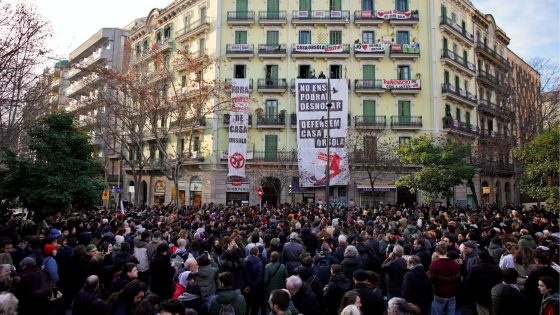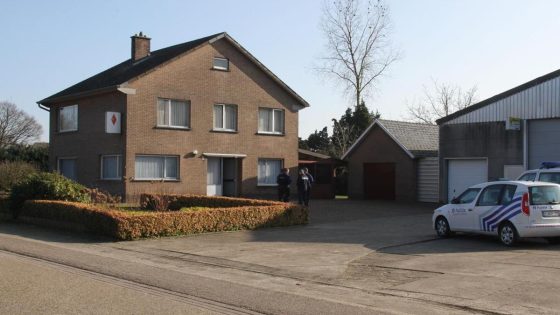On February 13, 2025, Foment del Treball, the Catalonia Association of Promoters (APCE), and the College of Real Estate Agents of Barcelona (API) united to criticize the controversial purchase of Casa Orsola. They argue that this case manipulates the concept of vulnerability, creating a dangerous precedent for housing policies in Spain.
- Casa Orsola case manipulates vulnerability concept
- Investment could have built 50 official homes
- Accusations of unfair treatment by authorities
- Calls for transparent housing access registration
- Concerns over political decisions affecting private operations
- Need for equitable housing policies in Barcelona
The organizations express concern that the funds used for Casa Orsola could have instead built 50 affordable housing units. Why redefine vulnerability for convenience?
Spain’s Housing Crisis: The Implications of Casa Orsola’s Purchase
What does the Casa Orsola case mean for housing in Spain? The recent purchase has sparked outrage among key housing stakeholders. They warn that this decision undermines principles of equality and efficiency in housing allocation.
The Call for Fair Housing Policies in Spain
Foment, APCE, and API emphasize the need for rigorous housing policies that prioritize fairness. They argue that the current approach benefits a select few, while the broader community suffers from inadequate housing options.
- The Casa Orsola purchase could have funded 50 affordable units.
- Current policies create an unfair advantage for certain individuals.
- Housing registries should ensure transparent access to affordable homes.
- Political decisions should not compromise legal certainty in housing transactions.
Understanding the Risks of Redefining Vulnerability in Housing
The organizations warn that redefining vulnerability to suit specific interests is a dangerous move. This could lead to further manipulation of housing policies, resulting in increased inequality in access to housing.
Legal Uncertainty and Its Impact on Housing Markets
Agents highlight that the political nature of this decision opens the door to potential interference in private operations. This creates an unacceptable level of legal uncertainty, which could deter investment and innovation in the housing sector.
In conclusion, the Casa Orsola case serves as a critical reminder of the importance of fair and transparent housing policies. As stakeholders in Spain continue to voice their concerns, the need for a balanced approach to housing becomes increasingly clear.

































